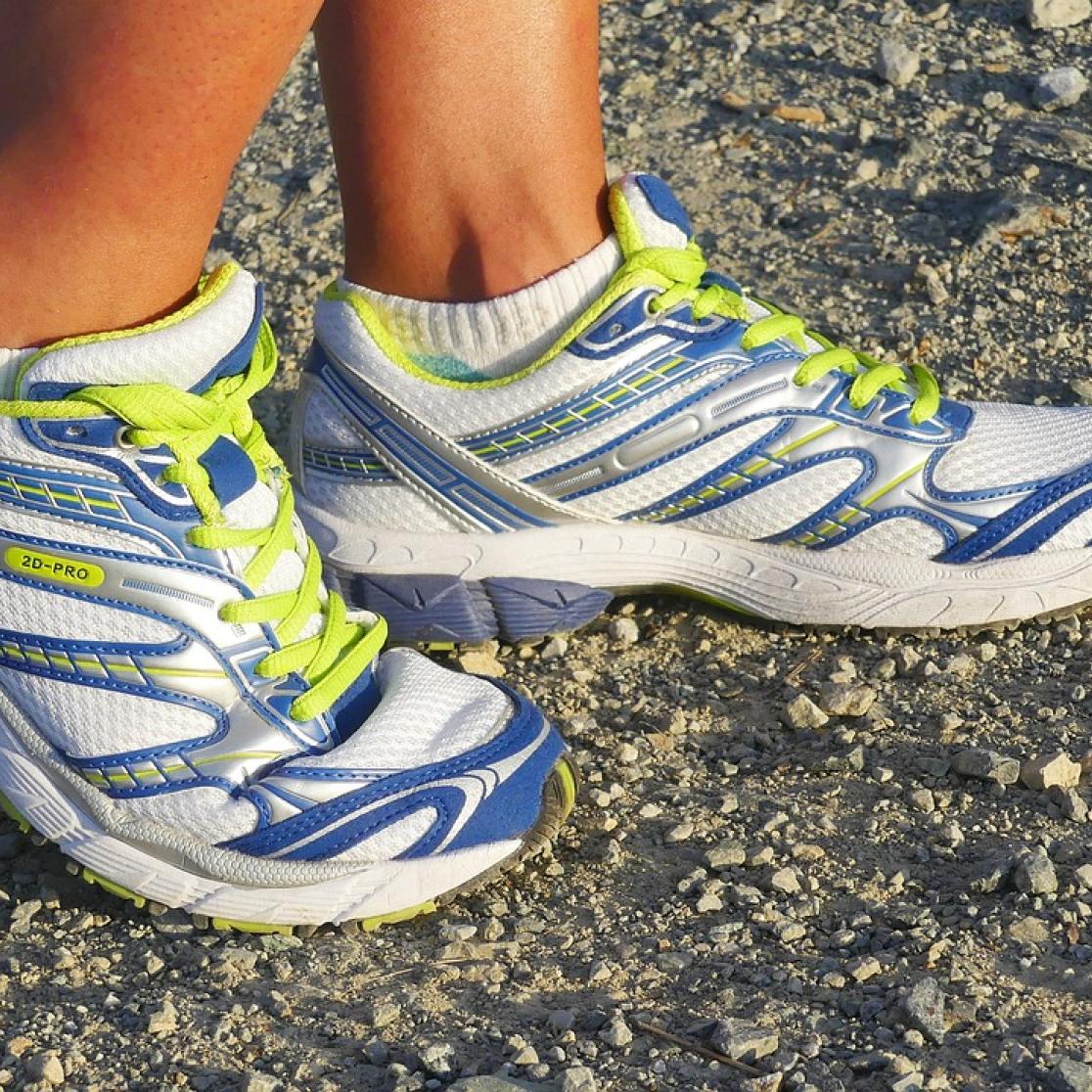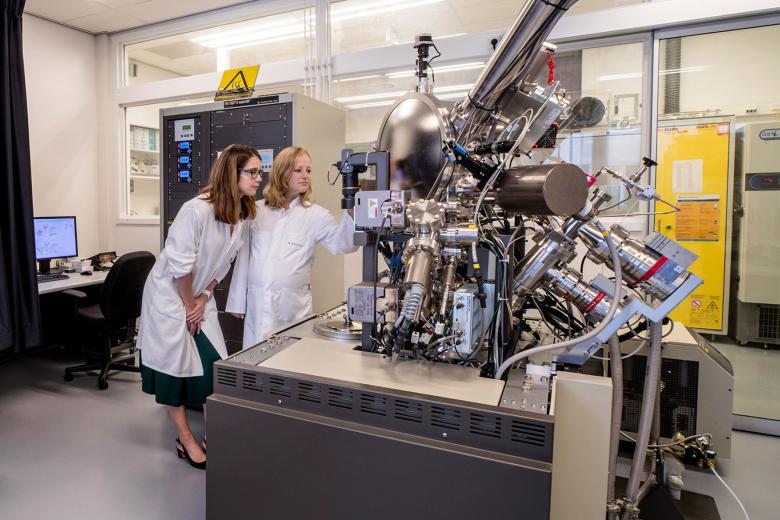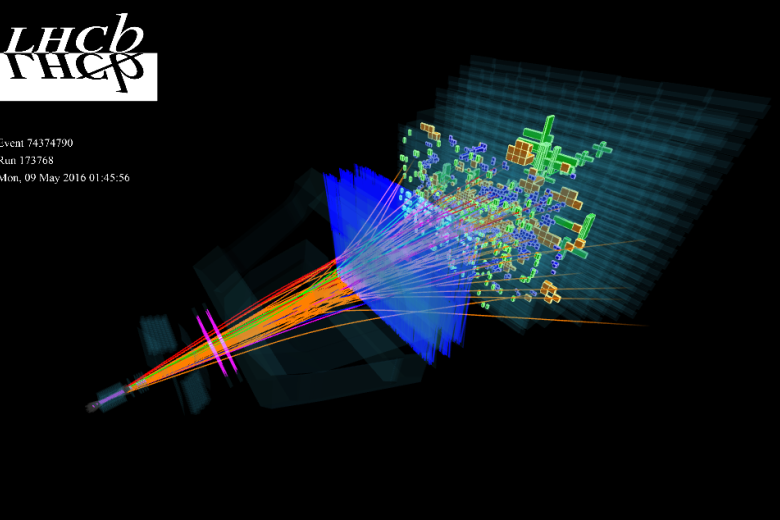Running makes sweet taste less sweet
After the sweet feeling of completing a training run, you might notice that your sense of taste changes: the sweetness of your food seems less intense. This is the surprising conclusion of a study conducted by researchers from University College Venlo and VieCuri MC after last year’s Venloop.
Intense physical activities like running can affect your sense of taste and smell. It is also known that intensive exercise influences various bodily processes that help maintain balance. This can, in turn, affect our appetite. Our appetite is closely linked to how we perceive taste and smell, which was the focus of this research. But what is the truth? Researchers from University College Venlo and VieCuri MC tested the taste and smell abilities of long-distance runners who participated in the 10k or half marathon during the Venloop.
Results
The ability to correctly identify different smells remained unchanged after a long run, but immediately after running, the ability to taste sweetness was impaired. Sensitivity to salt increased slightly. “How this acute effect contributes to an overall improved taste perception in runners is still a mystery,” says Remco Havermans, Professor of Youth Nutrition and Health at Maastricht University.
No to painkillers, yes to supplements
In a separate, unrelated questionnaire study, the researchers asked participants if they used painkillers or supplements while training for a long-distance run. Painkillers were rarely used, but supplement use was widespread. Almost every respondent reported using some form of supplement. Why? Havermans explains, “Amateur athletes use supplements (such as vitamin pills, creatine powder, or caffeine) to boost their energy during runs. This differs from competitive runners, who use supplements and sometimes paracetamol to optimise their performance.”
Venloop Symposium (in Dutch only)
On Wednesday, 12th February, Professor Remco Havermans will share more about the results of the Venloop taste and smell study. Everyone is welcome, but please registration here.
The event will be held at: Campus Venlo, Nassaustraat 36.
Programme (in Dutch only!):
19:15 – Arrival
19:30 – Opening
19:40 – Results of the Venloop Taste and Smell Study 2024
20:00 – Remco Havermans discussing the results
20:30 – Preview of the Venloop Study 2025
20:45 – Closing
Participate again!
During the upcoming Venloop, runners again can participate in a study by Maastricht University and VieCuri. This time, the study focuses on the acute effects of a long-distance run on mental fatigue. For instance, how does a long run affect your reaction time, attention, and memory? Is recovery visible just half an hour after the run? And can this recovery be enhanced by drinking a sports drink?
Venloop participants who run the half marathon can register for the research, here.

Also read
-
UM to play a more prominent role in Dutch scientific infrastructure
Eleven consortia from various scientific disciplines are set to launch projects of great value to science. The Dutch government is making a total of €197 million available for this purpose. Scientists from Maastricht University (UM) are closely involved in seven of the eleven projects.

-
Archaeology as a bridge between past and future - Luc Amkreutz Appointed 8th Eugène Dubois visiting professor
Luc Amkreutz is the new Eugène Dubois Visiting Professor at the Faculty of Science and Engineering at Maastricht University. "I see this chair as a unique opportunity to highlight the multidisciplinary power of archaeology and to show how science and society can reinforce each other."

-
Maastricht University contributes to FASTTRACK: extremely fast particle detection at CERN
Maastricht University is participating in the FASTTRACK project, which has been awarded a €21.7 million NWO Roadmap grant. FASTTRACK will enable extremely fast detection of particle collisions in the Large Hadron Collider.
